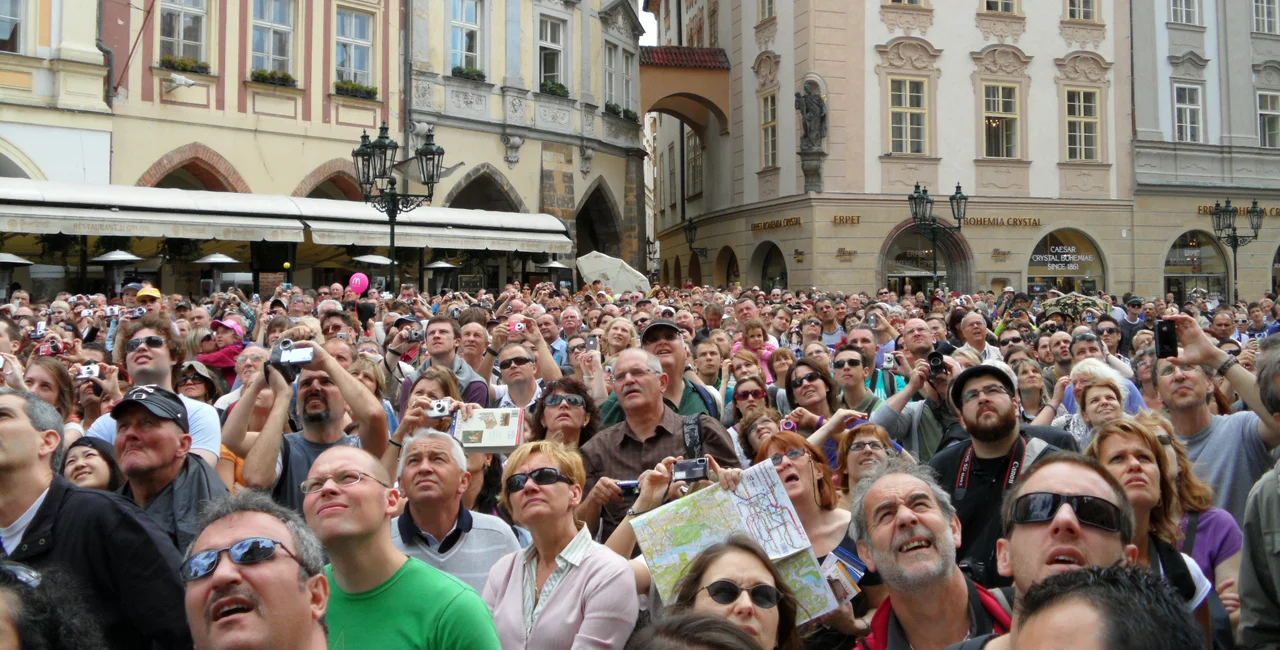The EU will provide enough COVID-19 vaccines for Czech residents, but the Czech government will still need to distribute them and manage to convince at least 60 percent of Czechs to get vaccinated, Martin Ehl wrote in the daily Hospodarske noviny (HN) on Thursday.
The EU negotiated the supply of the vaccine and consequently, Czechs do not need to worry about who will provide the vaccine and whether they will be able to afford it. This is not the case in poor countries that can only rely on the solidarity of the rich and the forethought of people like Bill Gates, the world’s second richest person, Ehl writes. His foundation has already invested billions in building drug factories and depots.
The vaccine for Czechs will be approved by bodies such as the European Medicines Agency (EMA), whose honesty and impartiality are beyond any doubt. Furthermore, it will be delivered in sufficient quantity thanks to EU politicians, researchers, and businessmen from democratic countries.
Thus, only two issues remain: to think up a way of distributing it and to convince nearly 60 percent of the Czech population to get vaccinated so that it is efficient in collective protection, Ehl writes.
“Let’s hope it will end up better than smart quarantine,” he notes, stressing that even the famous Czech improvisation skills might not be enough for it, though the people will certainly want to beat their Slovak neighbours who made the first blanket testing happen thanks to mass improvisation.
While many countries have been solving vaccine distribution schemes for weeks, building special facilities and capacities for it, the Czech government is allegedly working merely on a national strategy and its approval. Due to storage requirements and a two-phase application of the vaccine, it cannot be as slapdash as sending the Chinese protective equipment to GPs in the spring, Ehl notes.
The second issue seems to be more complicated as according to a survey conducted by the Median polling agency for Czech Radio, the number of Czechs willing to get vaccinated does not even reach the 60 percent needed.
“A very tough and fierce information war is going on the vaccination field and Czechs are not too immune to targeted lies,” Ehl points out, suggesting that perhaps, PM Andrej Babis could engage his favourite PR expert Marek Prchal to persuade people.
“To convince the vaccine sceptical Czech society is the PR task of the decade,” Ehl writes, suggesting a state decoration as a reward. The Czech Republic has one of the lowest flu vaccination rates in Europe, pointing to a skepticism in vaccines.
However, there are many rational arguments, too. A largely and quickly applied vaccine against the novel coronavirus will open the door to economic revival, Ehl argues.
If states do not manage to provide vaccination or keep the vaccine for themselves, the world GDP could drop by 3.7 percent in a year and the EU GDP by 5.6 percent, which is even more than at the 2009 crisis peak, a study conducted by the Rand Europe think-tank implies.
The Czech Republic has one of the highest COVID death rates in Europe. It is not necessary to write that the vaccine helps prevent many thousands of deaths and allows for seeing grandparents without fear, Ehl sums up.
“Or did we fall that deep?” he asks.












 Reading time: 2 minutes
Reading time: 2 minutes 

























